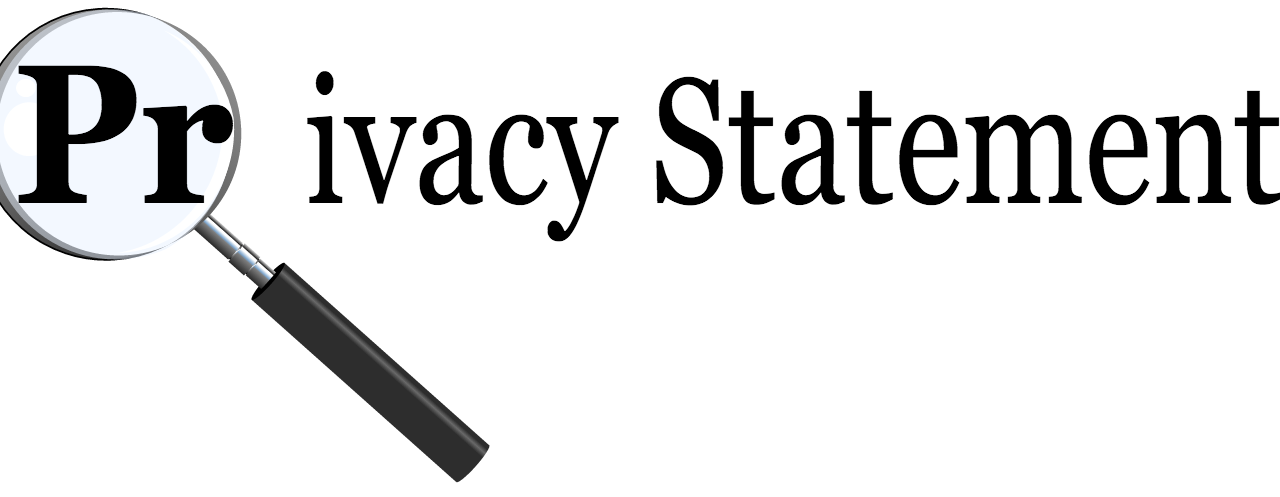Laws based on the ne bis in idem, or double jeopardy principle can be found almost universally throughout the ages. The scope of protections based on these laws however can be so narrow that the principle might seem to only exist – well, in principle. In order for us to determine whether broadening the scope is necessary, its history and current application should be examined.
Societies have long recognised the need for and justness of a rule that the individual should not be subjected to continuous prosecution for the same crime over and over again. In an ancient Greek text dating back to 355 B.C. it is recognised that “ the law forbids the same man to be tried twice on the same issue”, and the same concept was codified in the Roman Corpus Juris Civilis in 533 A.D. The practice later continued to our Western societies through canon law.[1] There are a variety of reasons why the principle first arose and why it survived to our day and age. It reinforces trust in the judicial system, gives the accused a peace of mind for a productive life after acquittal, and perhaps most importantly, it recognises the power imbalance and difference in access to resources between the accused and the state.[2] Today we can find double jeopardy laws in international treaties such as Art.14(7) of the ICCPR[3] or Art.4 of Protocol No. 7 to the ECHR[4], and in national legislations such as the Fifth Amendment in the US, Section 17 of the Criminal Code Act in Australia, or Art. 103 (3) of the German Basic Law. Whether the emphasis of certain pieces of legislation is on the prohibition of the renewed prosecution of the same offence or the acts committed during the same event, does not take away from the universality of the principle.
There are however exceptions to the principle, and legislative changes seem to suggest the global trend of moving away from double jeopardy protections. With the advancement of technological investigative tools, the question whether ne bis in idem laws stand in the way of justice arises. What if, for instance, a newly available DNA technology exclusively links a person to a homicide of which he had already been acquitted? Should the protection granted by double jeopardy laws apply, or should the prosecution have the option to bring charges again? Some jurisdictions answered this recently by introducing the possibility for prosecutors to reopen the case against the same person for the same conduct or offense. For instance, in 2007 Australia implemented an amendment to their criminal code[5]. Section 678B of this outlines that in cases of violent criminal acts[6], when there is “fresh and compelling” evidence, and the retrial is “in the interest of justice”, an acquitted person can be charged and tried again. Similarly, in 2013 a new amendment was made to the Dutch Criminal Code, allowing the retrial of acquitted suspects in case there is new information that the original verdict was incorrect.[7] The Dutch legislation puts in place some restrictions with the aim of securing what double jeopardy protections are supposed to secure; it can only happen for “proper administration of justice, only for a number of serious crimes, and only by the Supreme Court, at the request of the Board of Procurators General.”[8]
Nevertheless, such legislative pieces are controversial and rightly so. It could be argued that allowing such restrictions undermines the main purpose of the principle. Trust in the judicial system can be broken if society is faced with an increasing number of “corrected” judgements – especially due to the fact that violent and other serious crimes tend to draw significant media attention. As these legislations by their nature apply retroactively, all acquitted persons might lose their peace of mind due to the fact that there is a distinct possibility they would have to go through lengthy and costly criminal procedures yet again, against the prosecution which works from a much bigger pool of resources.
Imagine an innocent man having been aquitted of something wholly gruesome some years ago. After the trial, his lawyer assured him; it is over. According to this new trend of legislations however, this man could never be sure that he would not be dragged through all of it again. Even if he knows that, for instance, DNA evidence could exonerate him, the concept of a new trial and the lack of certainty is terrifying. The concept of double jeopardy arose in the first place in order to ensure certainty for the acquitted. Consequently, it does not seem to matter what the specific requirements are for a prosecutor to bring the same charges again. The possibility exists, therefore, the essence of ne bis in idem protections is eliminated.
Naturally, the perspective of the accused is not the only one to take into account. If there is new, definitive evidence against a person committing a serious criminal act such as murder or rape, but he or she has been aquitted – our morality demands justice in the form of conviction. This is what in both aforementioned recent legal changes (in Australia and the Netherlands, respectively) the concept of the interest of justice means. This is paired with the idea of only applying the exceptions to violent criminal acts. One could argue that this is based on the principle of proportionality, or in order to save resources. However, the fact that double jeopardy protection exists as long as one’s criminal act is not that bad, suggests that the accused has access to different rights protections solely based on the type of criminal act they are being accused of.
It is clear therefore that the new trend in narrowing the scope of ne bis in idem protections could result in serious consequences, both from a legal and a moral point of view. The issue is not black and white, and times do change. The ancient Greeks and Romans did not have to deal with rapidly improving DNA technologies when the first double jeopardy laws were put in place. However, it is important to remember why they were put in place – to protect the people.
[1]Free Legal Encyclopedia: Doom to Embargo’ ( Law Library – American and Legal Information 2021) < https://law.jrank.org/pages/6269/Double-Jeopardy.html > accessed 13 October 2021
[2] ‘ What Is Double Jeopardy, and Why Is It Important?’ ( NYC Criminal Defense Lawyer ) < https://www.rendelmanlaw.com/2020/10/08/what-is-double-jeopardy-and-why-is-it-important/ > accessed 13 October 2021
[3]The United Nations General Assembly. 1966. “International Covenant on Civil and Political Rights.” Treaty Series 999 (December): 171. Art.14(7)
[4] Council of Europe, Protocol 7 to the European Convention for the Protection of Human Rights and Fundamental Freedoms, 22 November 1984, ETS 117, Art.4 available at: https://www.refworld.org/docid/3ae6b3654.html [accessed 13 October 2021]
[5] Criminal Code (Double Jeopardy) Amendment Act 2007 Act No. 49 of 2007 https://www.legislation.qld.gov.au/view/pdf/asmade/act-2007-049
[6]Adam Guest, ‘ What is Double Jeopardy in Australia and Does it Apply ti Your Case?’ ( Guest Lawyers 2020) < https://guestlawyers.com.au/what-is-double-jeopardy-in-australia-and-does-it-apply-to-your-case/ > accessed 13 October 2021
[7]‘ Staatsblad van het Koninkrijk der Nederlanden’ ( Overheid.nl 2013) < https://zoek.officielebekendmakingen.nl/stb-2013-138.html > accessed 13 October 2021
[8] ‘ Na vrijspraak weer voor de rechter?’ ( College voor de Rechten van de Mens 2013) < https://mensenrechten.nl/nl/toegelicht/na-vrijspraak-weer-voor-de-rechter > accessed 13 October 2021







